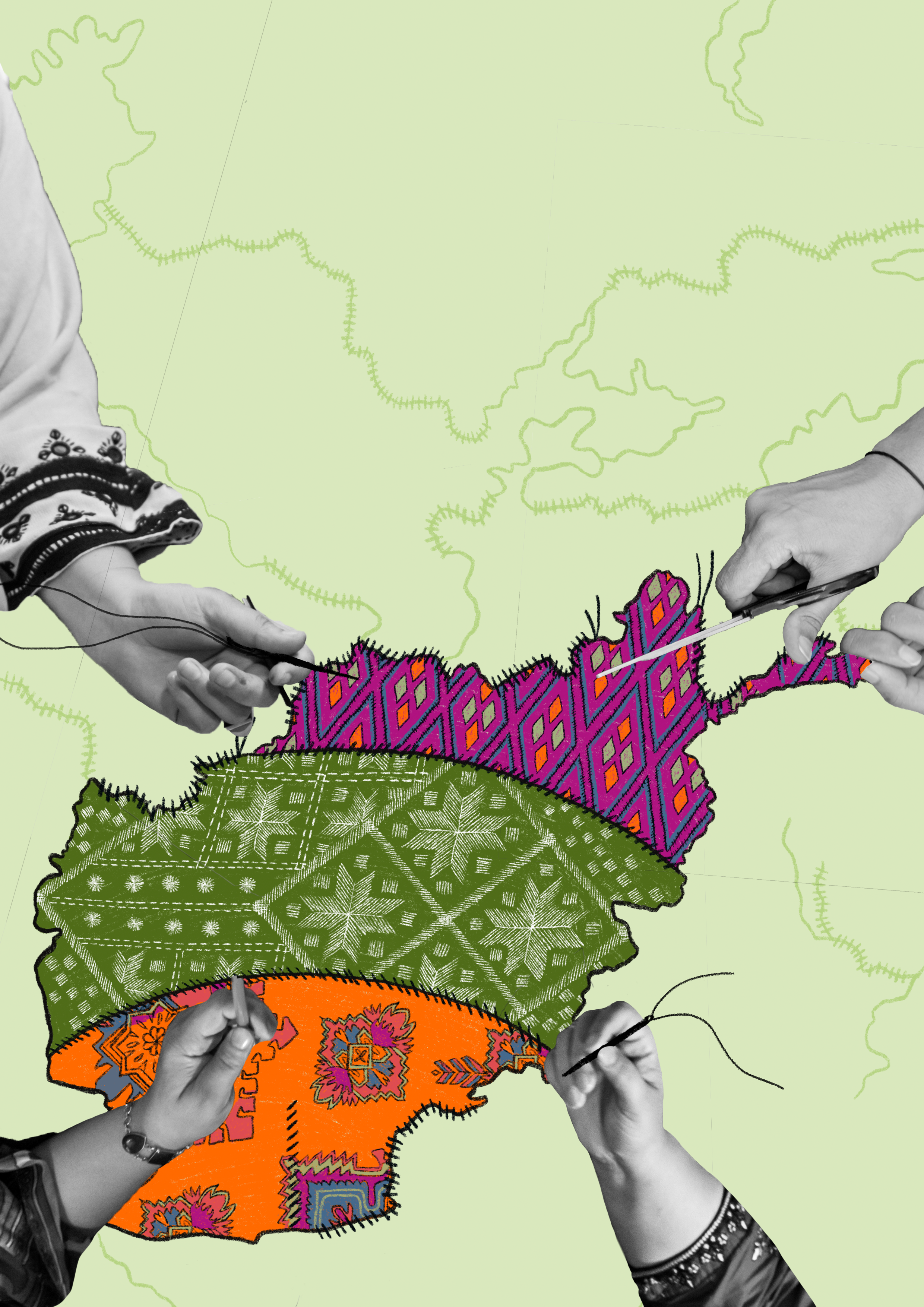
New Report from VOICE!
November 17, 2022
Since the Taliban's takeover of Afghanistan in August 2021, millions of women have been displaced within Afghanistan, and many have been forced to flee the country, watching while the Taliban regime progressively restricts women's most basic human rights.
While many WHRDs and their families were evacuated from Afghanistan immediately after the Taliban takeover due to heightened risks of gender-based violence and other forms of abuse, many others had no choice or decided to stay and live under significant threat as they continue their activism.
Adding to the vast challenges and uncertainty facing women's human rights defenders (WHRDs) who remain in Afghanistan is the humanitarian community’s failed response, including insufficient health and financial resources for WHRDs, and a lack of training and widespread cultural ignorance regarding WHRDs’ safety risks by volunteers, officials and caseworkers on the ground.
Afghan women have long mobilized for their rights; WHRDs inside and outside of the country continue to resist the oppressive rule of the Taliban, even while their activism brings grave risks to themselves and their families.
In VOICE's groundbreaking report “Taking Myself out of the Darkness: Afghan Women Human Rights Defenders’ Fight for Recognition,” we document the lived experiences and continued activism of Afghan WHRDs in the time since the Taliban's takeover, and call for the action of the international community.
The majority of Afghan WHRDs interviewed by VOICE agreed that the international community should refuse to recognize or negotiate with the Taliban and consult more with WHRDs on actions and strategies to promote Afghan women’s rights.
“The lack of support given to Afghan women and girls is one of the international community’s greatest humanitarian failures,” said VOICE Co-Founder and Executive Director Mendy Marsh. “After Afghan women spent two decades thinking they were part of a partnership with the U.S. and international community, to then be betrayed and left behind, it’s past time for our global leaders to listen to Afghan women and girls and empower them to drive solutions to this crisis.”
